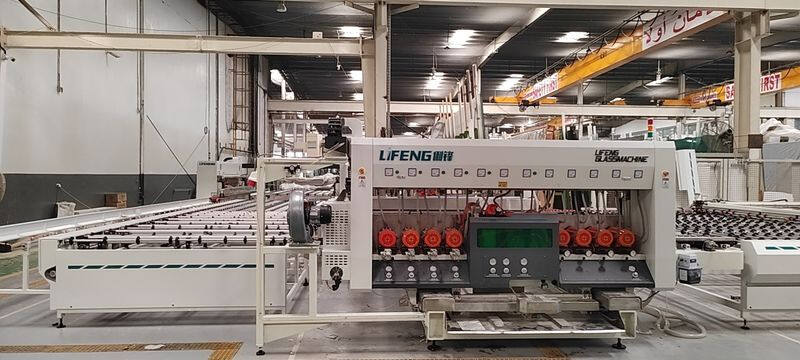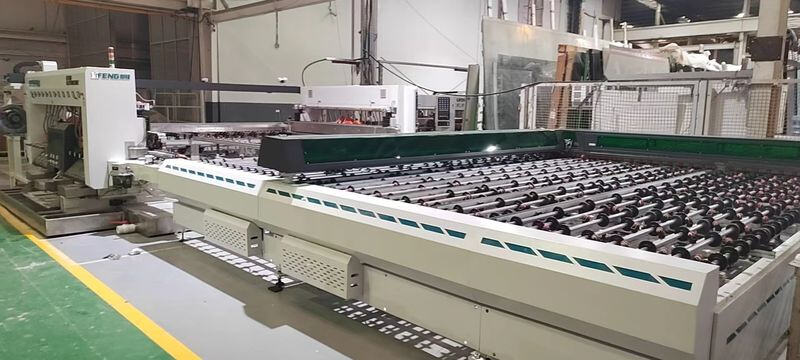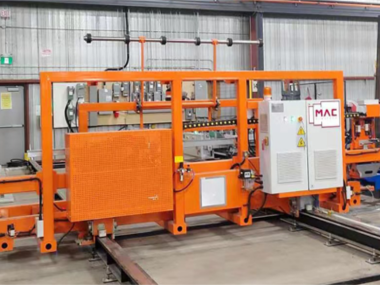glas extruder
En glasextruder är en sofistikerad tillverkningsanordning som är utformad för att bearbeta och forma smält glas till olika former och produkter. Denna avancerade utrustning fungerar genom att värma glasmaterialet till exakta temperaturer, vanligtvis mellan 1000 och 1500 grader Celsius, där det blir tillräckligt formbart för extrudering. Systemet består av flera viktiga komponenter, däribland en värmekammare, temperaturkontrollmekanismer, en precisionsskruvdrivning och specialiserade stryksamlingar. Extruderns huvudfunktion är att trycka upphettat glas genom speciellt utformade formformningar för att skapa kontinuerliga profiler, rör, stänger eller anpassade former med konsekventa dimensioner och egenskaper. Moderna glasextrudörer innehåller avancerade digitala kontroller för att upprätthålla optimala bearbetningsparametrar, säkerställa enhetlig produktkvalitet och minimera avfall. Dessa maskiner utmärker sig i att tillverka både standard- och specialgjorda glaskomponenter för industrier som sträcker sig från arkitektur och byggnad till elektronik och vetenskaplig instrumentering. Processen möjliggör skapande av komplexa geometriska profiler samtidigt som strikta toleranser och materialintegritet upprätthålls. Dessutom kan glasextrudörer hantera olika glaskompositioner, inklusive borosilikat, soda-kalk och speciella glasformuleringar, vilket gör dem till mångsidiga verktyg vid glastillverkning.


